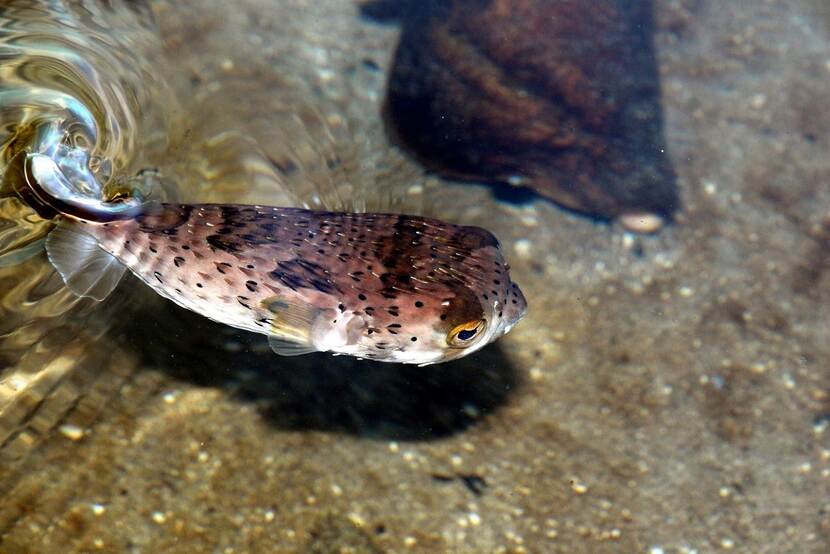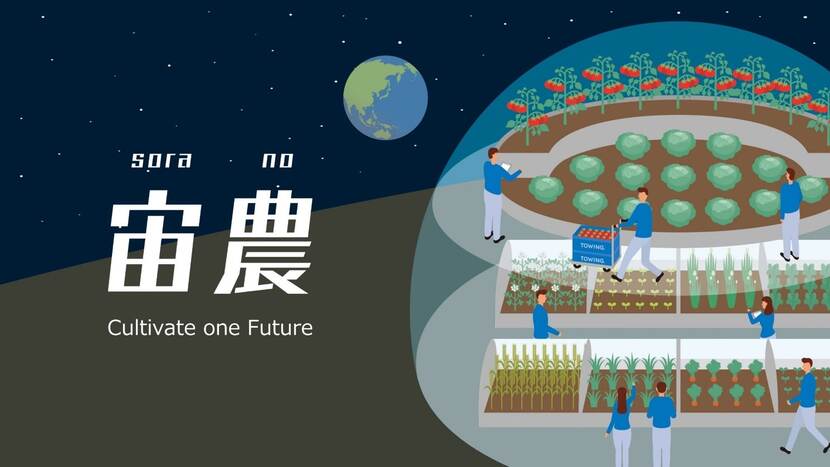Japan News Update #19 (3-17 Jan, 2022)
Stay updated on the latest agricultural news in Japan, that we publish every two weeks.
by Yuki Sano
Potato shortage and milk surplus
McDonald's Holdings Japan will stop selling medium- and large-sized portions of fried potatoes for about a month from 9 January. It is due to delays in the shipment of fries caused by pandemic-related supply chain issues and floods in the Port of Vancouver. It will mark the second time McDonald's in Japan has restricted the sale of fries since late December, when it suspended sales for a week.
Source: McDonald's Japan to limit fries to small size amid potato shortage, A growing global potato shortage is affecting french fries, from Japan to Kenya
In Japan, milk producers and retailers have stepped up their marketing activities to resolve the temporary oversupply during the New Year holidays. Consequently, Japan is likely to avoid a massive waste of milk. For example, major convenience store chain Lawson Inc. slashed the milk price by half on New Year's Eve and New Year's Day, selling a total of 135 tonnes over the two days.
Source: Japan likely averted mass discarding of milk over New Year's, but glut remains, Japan hopes people drink more milk in New Year amid glut
5G and Local 5G in Japan’s agriculture
The use of "Local 5G", a 5G network available to local companies and municipalities individually according to their needs, is spreading. For example, to improve the efficiency of farm work, a tourist farm in Saitama Prefecture, NTT East, a Japanese telecommunications company, and the National Agriculture and Food Research Organization (NARO) have launched a demonstration of a management system with local 5G ability to speed up video data transmission.
Source: Local 5G expansion for smart agriculture
Likewise, the Tokyo Metropolitan Government and NTT East have launched a demonstration project to support inexperienced farmers with 5G technology. 5G's high-speed, high-capacity communications will enable agricultural experts to provide remote guidance via smart glasses.
Source: Japan: 5G project launched to help remote inexperienced farmers
Policy and research for environmental conservation
The Ministry of Agriculture, Forestry and Fisheries (MAFF) will expand support for environmentally-conscious farmers and food businesses. It will reduce the tax burden on producers who introduce agricultural machinery that reduces chemical pesticides and on food businesses that maintain buildings. The initiative is based on the "Green Food System Strategy", an environmental guideline compiled by MAFF.
Source: MAFF will reduce tax burden on environmentally conscious farmers
Tokyo University of Agriculture and Technology has begun a demonstration study to help produce wood for biofuels more quickly. It will partner with Japan Investment Adviser Co, Ltd, a financial and consulting company. This demonstration study is an initiative towards carbon neutrality, with the goal of commercialisation in five years.
Source: Research on forestry for biofuel production begins
Japan’s export of agricultural products
Narita City, Chiba Prefecture, will relocate and open a public local wholesale market adjacent to Narita Airport. This is the first wholesale market in Japan to complete all export procedures for agricultural and fishery products, including customs clearance and quarantine. It aims to be the core of Japan's fresh produce exports by taking advantage of its location near the international airport.
Source: New wholesale market to open next to Narita International Airport
For the first time last year, Japan's exports of agricultural, forestry and fisheries products exceeded the MAFF target of 1 trillion yen ($8.74 billion). However, the ratio of exports to domestic production is only 2%, far lower than other countries such as the US at 12% and the UK at 18%. Moreover, export growth, underpinned by the global boom in Japanese food, has begun to lose momentum as demand for Japanese goods among wealthy overseas consumers has become saturated. The key to further export growth is to increase sales to middle-income classes, and to create a system whereby farmers can benefit from exports.
Source: EDITORIAL: Strategy shift key to raising food exports past 1 trillion yen
Initiatives in genome-edited food and space farming
Regional Fish Institute Ltd., a startup linked to Kyoto University and Kindai University in western Japan, has successfully used genome editing technology to increase the growth rate of pufferfish. Although the sales application for the genome-edited pufferfish has been accepted, consumers are still under the impression that "genome editing is scary." Unlike genetic modification, the changes made by genome editing can occur in nature. To dispel the negative image, the company has started trial and online sales.
Source: Startup hopes genome-edited pufferfish will be a hit in 2022

TOWING, a Nagoya University startup in space farming, has raised 140 million yen in funding. The project "sora no" is aimed at space farming with artificial soil. The company has developed artificial soil for practical use and seeks to establish circular agriculture on Earth and achieve space agriculture.
Source: University-startup in space farming raises 140 million yen in funding (日本語)

Source: https://towing.co.jp/
Rapid increase in varieties registration
Local authorities and regional agricultural cooperatives have actively promoted the registration of new varieties to create high value-added brand crops. As a result, the number of registered types (September 2021) has increased by 2.9 times since the peak of agricultural output in 1994.
Source: Doubled registration of new agricultural varieties (related article)